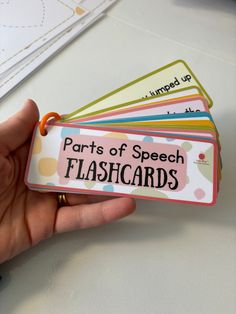
Parts of Speech
Parts of speech are the fundamental building blocks of language, categorizing words based on their functions within sentences. Understanding these categories is crucial for effective communication and language mastery. The eight main parts of speech in English are:
- Nouns: Words that name people, places, things, or ideas (e.g., dog, London, happiness).
- Pronouns: Words that replace nouns (e.g., he, she, it, they).
- Verbs: Words that express actions or states of being (e.g., run, think, is).
- Adjectives: Words that describe or modify nouns (e.g., happy, blue, tall).
- Adverbs: Words that modify verbs, adjectives, or other adverbs (e.g., quickly, very, well).
- Prepositions: Words that show relationships between other words in a sentence (e.g., in, on, under).
- Conjunctions: Words that connect words, phrases, or clauses (e.g., and, but, because).
- Interjections: Words used to express strong emotion or sudden feeling (e.g., Oh!, Wow!, Ouch!).
Each part of speech plays a unique role in constructing meaningful sentences. Nouns and pronouns typically serve as the subjects or objects in sentences, while verbs drive the action or state of being. Adjectives and adverbs provide additional information about nouns and verbs, respectively. Prepositions help establish relationships between different elements in a sentence, and conjunctions link words, phrases, or entire clauses. Interjections, while less common in formal writing, add emotional depth to spoken language and informal writing.
Understanding parts of speech is essential for proper sentence structure, clear communication, and effective writing. It allows speakers and writers to craft more precise and varied sentences, enhancing the overall quality of their expression. Moreover, knowledge of parts of speech is fundamental to learning grammar rules and mastering more complex language concepts.




